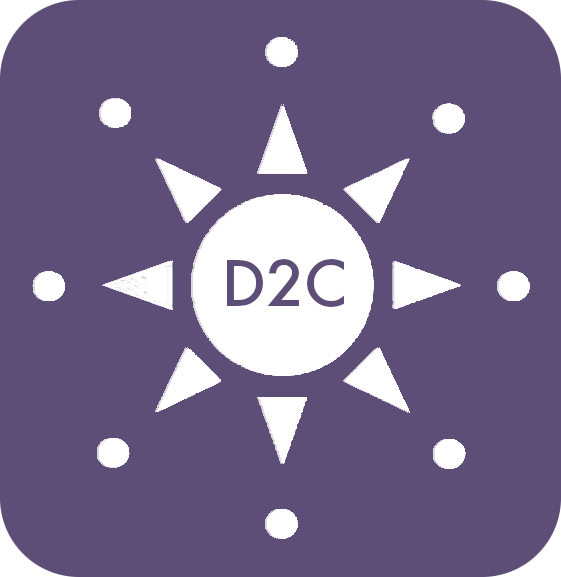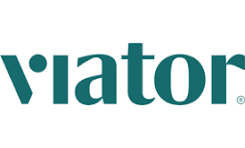California Desert Travel Insights
Death Valley National Park is a truly unique and awe-inspiring place. Here’s a more detailed look:
Key Features:
Extreme Conditions:
- Holds the record for the hottest temperature ever recorded on Earth (134°F in 1913).
- Home to Badwater Basin, the lowest point of elevation in North America (282 feet below sea level).
- Experiences significant temperature fluctuations between day and night.
Diverse Landscapes:
- Badwater Basin: A surreal salt pan with a stark, otherworldly beauty.
- Zabriskie Point: Colorful eroded hills with dramatic views.
- Dante’s View: Offers breathtaking panoramic vistas of the valley floor.
- Ubehebe Crater: A volcanic crater with a colorful interior.
- Artist’s Drive: A scenic road showcasing a palette of vibrant colors in the hills.
Wildlife:
- Despite the harsh environment, diverse wildlife thrives, including desert bighorn sheep, coyotes, foxes, and a variety of reptiles and birds.
California Desert Travel Insights:
Best Time to Visit:
- Winter (October-April): Generally the most pleasant time to visit with mild temperatures and fewer crowds.
- Spring (March-May): Wildflowers may bloom, but temperatures can rise quickly.
- Summer (June-August): Extremely hot, with daytime temperatures often exceeding 100°F.
Tips for Visiting:
- Stay Hydrated: Carry plenty of water, especially during warmer months.
- Plan for Heat: Avoid strenuous activity during the hottest parts of the day.
- Check Road Conditions: Some roads may be closed due to heat or flooding.
- Bring Proper Footwear: Sturdy shoes are essential for hiking.
- Respect Wildlife: Observe from a distance and do not disturb animals.
Other Considerations:
- Accommodation: Limited options within the park. Consider staying in nearby towns like Pahrump, Nevada, or Stovepipe Wells.
- Cell Service: May be limited or unavailable in many areas.
Death Valley National Park offers a truly unique and unforgettable experience. By planning carefully and being prepared for the extreme conditions, you can enjoy its incredible beauty and natural wonders.
If you need help planning a trip to California and Death Valley National Park, even other California Excursions, reach out to our travel experts at Dream2Career.























